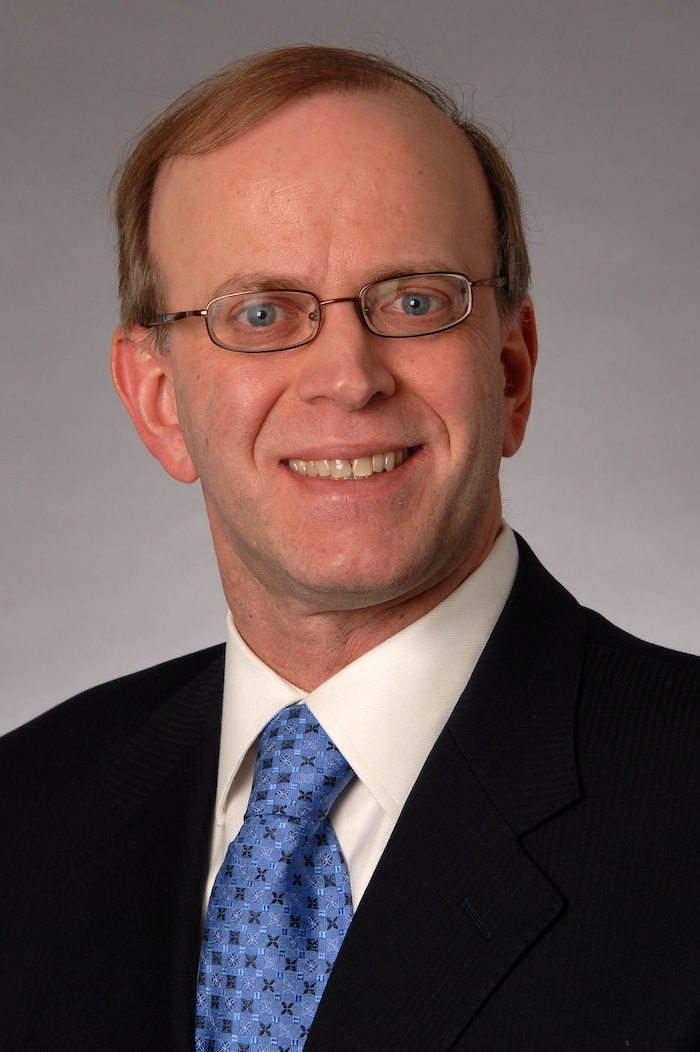The Paycheck Protection Program (“PPP”) is a crucial lifeline for small businesses suffering during the coronavirus crisis. As such, participating lenders face a tidal wave of desperate small business owners seeking to keep their businesses afloat. As many lenders will attest, the absence of guidance from the Small Business Administration (“SBA”) resulted in chaotic implementation of the PPP. Given the pressure for rapid processing and unclear instructions from the federal government, the small business owners seeking help are, unfortunately, joined by opportunistic fraudsters.
Fraud and crisis relief are historically concomitant, with examples such as relief programs designed for Hurricane Sandy, Hurricane Katrina and the Troubled Asset Relief Program. The reason for fraud during a crisis is simple – unscrupulous borrowers see relief funds as “free money.” The fraud can take many forms, ranging from a small business owner embellishing his or her need for PPP relief to loan “stacking” whereby a person or entity will take advantage of the situation by obtaining PPP loans from multiple lenders.
Fortunately, temporary disorder does not equate to permanent dysfunction. The United States’ Attorney General’s office made it clear that federal prosecutors will “prioritize the investigation and prosecution of Coronavirus-related fraud schemes.” Locally, the U.S. Attorney in the Eastern District of Pennsylvania emphasized that “anybody who tries to take advantage of the pandemic in this manner will feel the full weight of federal law enforcement.” Importantly, the CARES Act itself specifically appoints a Special Inspector General for Pandemic Recovery (“SIGPR”). Among the duties of the SIGPR is an obligation to prevent, detect and/or prosecute fraud and abuse of the PPP.
While prosecuting PPP fraud rests with the federal government, the lender still has underwriting obligations. While the underwriting guidelines for PPP loans are streamlined for speed, lenders would be well advised to be thorough when reviewing borrower applications. The current guidance regarding underwriting provides that lenders must:
- Review application form;
- Confirm receipt of borrower certifications contained in the applications;
- Confirm receipt of information demonstrating borrower had employees for whom borrower paid salaries and payroll taxes on or around February 15, 2020;
- Confirm dollar amount of average monthly payroll costs for preceding calendar year by reviewing the payroll documentation submitted with application; and
- Follow applicable Bank Secrecy Act requirements and existing protocols.
With respect to lender liability for failure of a borrower to comply with the PPP requirements, the current guidance states:
- Lenders may rely on certifications of the borrower in order to ascertain eligibility and to rely on specified documents provided by the borrower to determine qualifying loan amount and eligibility for forgiveness;
- Lenders held harmless for borrowers’ failure to comply with program criteria;
- The SBA Administrator cannot take enforcement action or impose penalties if the lender has received a borrower attestation; and
- Lenders must continue following the general anti-fraud provisions and penalties under the SBA.
Thus, while the foregoing offers substantial guidance, reduced underwriting requirements and a limitation of lender liability with respect to PPP loans, the relaxed handling of PPP loans readily lends itself to fraud. In that regard, it is of utmost importance that lenders stay abreast of evolutions in the CARES Act, any changes to the underwriting requirements and proactively ensure meticulous compliance with existing guidance.
Friedman Schuman, P.C. is uniquely suited to assist its lending partners as the pandemic relief measures evolve.







